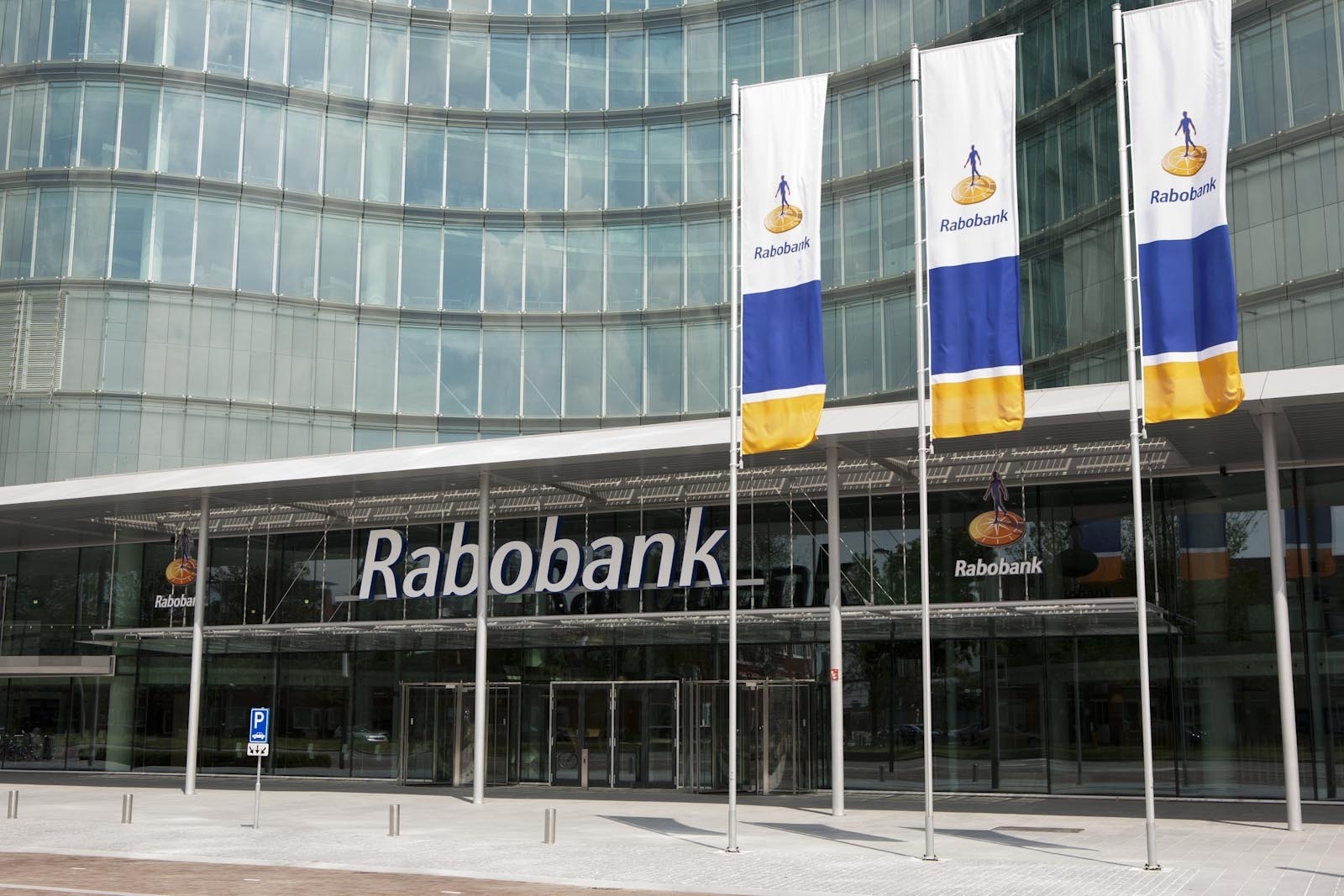
The European Commission (EC) has imposed a €26.6m fine on Dutch financial services company Rabobank for its role in a cartel concerning the trading of Euro-denominated bonds.
German investment bank Deutsche Bank was also involved in the cartel but has avoided around €156m fine, as it revealed the cartel to the commission under the leniency programme.
EC investigation found that the two banks, between 2006 and 2016, exchanged sensitive information and coordinated their trading and pricing strategies for Euro-denominated bonds.
The bond products include Supra-Sovereign, Foreign Sovereign, Sub-Sovereign/Agency bonds and Government Guaranteed bonds traded in the European Economic Area (EEA).
European Commissioner for Justice, in charge of competition policy Didier Reynders said: “Trustworthy and well-functioning bonds trading markets are crucial not only for the national authorities issuing bonds but also for the investors buying and trading them.
“Today we fine Rabobank for colluding with Deutsche Bank to distort competition when trading certain Euro-denominated bonds. We will remain vigilant and committed to preserve effective competition in financial markets.”
EC revealed that traders operating at Deutsche Bank’s EUR SSA desk in Frankfurt and Rabobank’s Investment Grade Bonds desk in London were involved in the cartel.
The traders used Bloomberg emails, instant messages, and online chatrooms to exchange information related to prices, volumes, current and future trading strategies, and positions.
They also exchanged the counterparties’ identities and their requirements for buying or selling bonds and adjusted their price levels and trading strategies accordingly.
Cartels and other restrictive business practices, including collusion on sale and purchase prices, are prohibited according to the Treaty on the Functioning of the European Union (TFEU) and the EEA Agreement.
The European agency launched its investigation in May 2017, after receiving an immunity application from Deutsche Bank, under the commission’s 2006 Leniency Notice.
In December last year, the commission notified both banks about its competition concerns.
EC decided the fines based on its 2006 Guidelines on fines, considering the value of sales for the products in the EEA, the nature of the infringement, geographic scope and duration.






